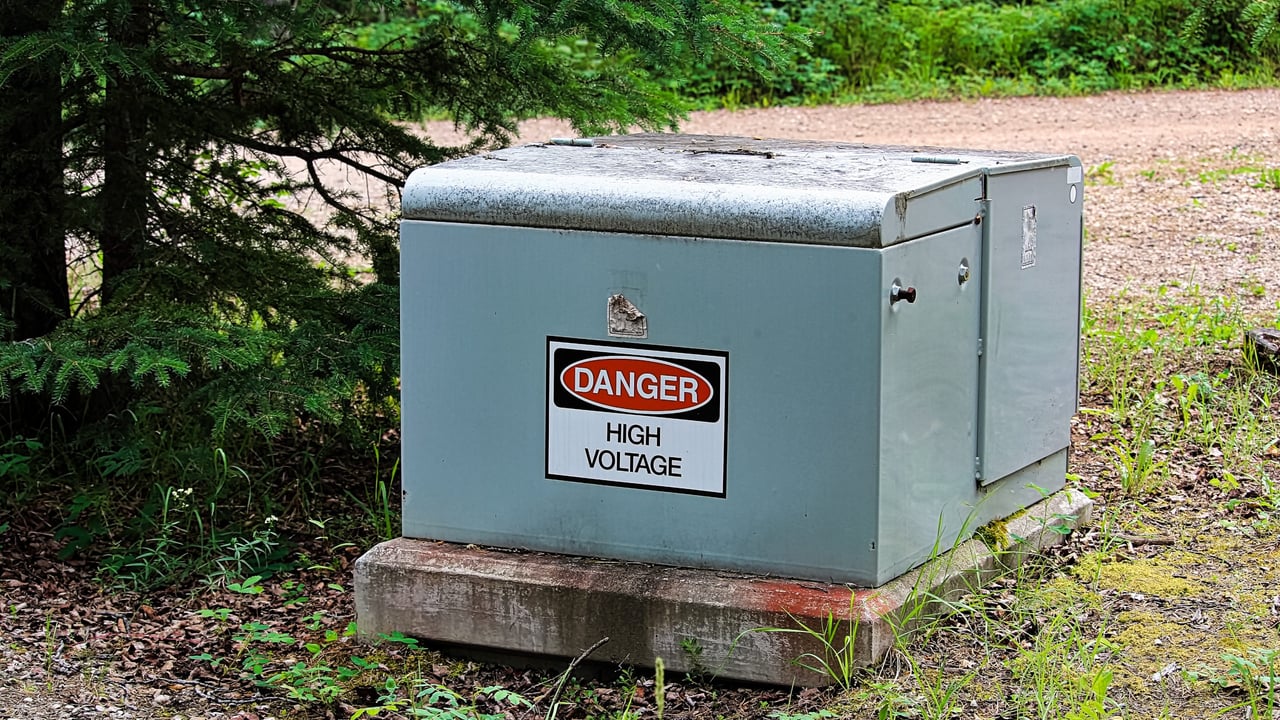ESB Networks Summer Safety Series

Ahead of Farm Safety Week 2025, Monday, 21 July until Friday, July 25. ESB Networks Public Safety Manager Claire Mullholland is reminding farmers and agri-businesses across the agricultural sector of seven electrical safety risks on farm and advice for how to avoid them.
The saying ‘pay a little now, or pay a lot later’ is never more true than when it comes to electrical wiring. Shortcuts and unskilled work may result in damage to expensive equipment, or loss of life.
So, in addition to ensuring all electrical work is carried out by a registered contractor, in accordance with Electro-Technical Council of Ireland (ETCI) rules, keep the following in mind:
- Make sure that all plugs and sockets on the farm are of the required standard;
- In areas where moisture is likely, switchgear must be protected;
- Socket circuits should be fitted with residual current devices (RCDs) to prevent electric shock and be tested regularly.
While heavy machinery poses a more obvious risk, portable tools can also cause serious accidents, so follow these tips to reduce the chance of electrical accidents:
- Always check portable tools for damage before use. Worn cables and exposed wires can cause electric shocks, or worse if used in wet areas;
- Avoid using multiple extension cords, or those not designed for outdoor use, as this creates an electrical and a fire hazard;
- Never leave equipment running unsupervised, or if not in use;
- Never use equipment, such as saws or trimmers, where it may come near electricity wires.
Equipotential bonding reduces the risk of voltage differences and electric shock when working around metal components.
In farm buildings, where stray voltage can negatively impact milk production, it is important to follow these guidelines:
- Install an equipotential bonding grid in the floor of milking parlours to reduce the risk of stray voltage;
- Whenever possible, connect milking parlour furniture to the floor grid at the time of installation;
- Ensure the bonding grid is wired in accordance with ETCI regulations and that a special bonding busbar is installed.
Electrical fencing may deliver a mild shock to livestock, but that does not mean it cannot pose a serious risk. Keep the following in mind when installing and repairing electric fences:
- Always use a registered electrical contractor for installation and repairs;
- Never install the control unit near flammable materials;
- Never mount electric fences on ESB Networks poles;
- Never install electric fencing underneath power lines.
Standby generators can be an important source of back-up power, but special rules need to be observed:
- Never plug a generator into a socket;
- Ensure the generator is used with a proper changeover switch at the main distribution board, and installed by a registered electrical contractor.
Fallen electricity wires may not be immediately obvious, so it is important to be aware of your surroundings when working near power lines.
If you come upon a fallen wire, observe the following:
- Always assume an electricity line is live and keep a safe distance away;
- Never try to remove trees or handle stock;
- Report any damage, however small;
- Contact ESB Networks immediately on 1800 372 999.
Best practice is to give electricity poles, stay wires, and lines a wide berth when using machinery.
Remember that electricity can jump gaps, so you do not need to make contact to be seriously injured.
If an incident occurs where any part of your machine comes into contact with electricity lines, follow these steps:
- Stay in the cab and call ESB Networks on on 1800 372 999. Provide the GPS or Eircode for the location;
- Make sure everyone else maintains a distance of at least 10m;
- If you must exit the cab (e.g., because of the fire), jump clear and keeping your feet close together, shuffle or bunny hop until you are at least 10m away;
- Do not approach the cab or touch any part of the machine until and ESB Networks technician tells you it is safe to do so. Contact with the machinery may be fatal.
Remember, it does not matter whether you are an amateur renovation enthusiast or a construction professional, electricity does not discriminate, and it gives no second chances.
So be aware, and stay clear to stay safe.
